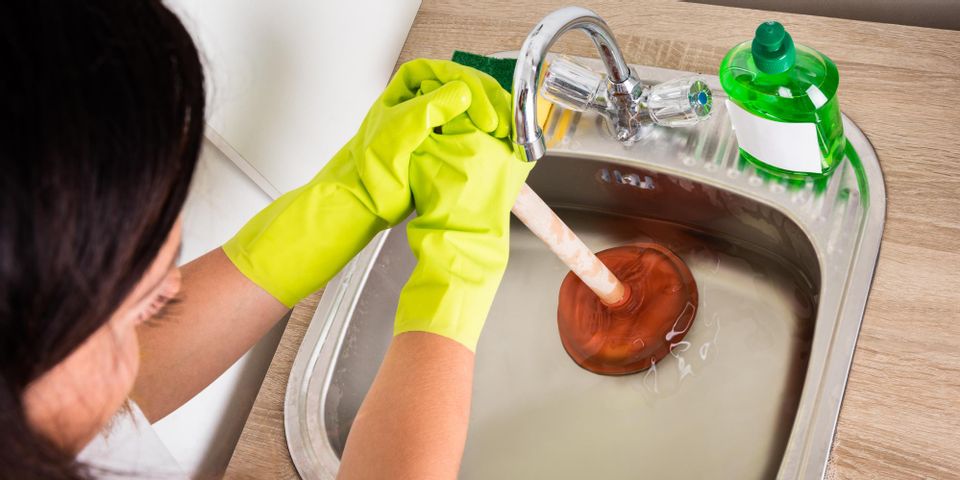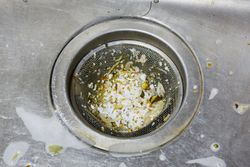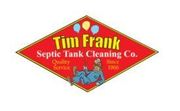
Having a slow drain can be annoying and inconvenient. Though most homeowners consider it harmless, a slow drain can signal more significant problems in a septic system. Below are three common causes of clogged drains and ways to prevent them.
What Contributes to Slow Drains?
1. Grease & Oil
Grease is one of the leading causes of clogged kitchen pipes and issues with the septic system. Many homeowners think that any liquid—even oil waste—is OK to pour down the drain. However, when the grease cools down, it solidifies and forms a substantial buildup in the pipes. To prevent this problem, properly dispose of grease and oil by allowing them to cool and placing them in the trash.
2. Mineral Buildup
Mineral buildup typically occurs in areas with hard water. Lime and calcium collect in the pipes that lead to septic systems, therefore causing slow drains. One way to prevent this problem is by installing a water softener. If the problem is superficial, you can try to clean the drain fixture by pouring a solution of one part baking soda and one part vinegar. Then, cover the drain with a rag and let the solution seep through. After five minutes, scrub the fixture and rinse.
 3. Food Waste
3. Food Waste
Food waste is another common culprit in kitchen drain clogs. Scraps of food thrown in the garbage disposal can collect and eventually block your pipes. This is especially true for tea and coffee grounds, as these items do not break down easily. To prevent slow drains, throw leftovers in the trash bin and not down the sink.
For maintaining their residential and commercial septic systems, clients across Geauga, Lake, Trumbull, and Ashtabula counties trust Tim Frank Septic Tank Cleaning in Middlefield, OH. This family-owned and -operated company has been in business since 1966 and offers septic inspections, septic tank cleaning, septic repairs, and other related services. Call (440) 636-5111 to schedule an estimate. You can also visit their website or Facebook page to learn more about their services.
About the Business
Have a question? Ask the experts!
Send your question

